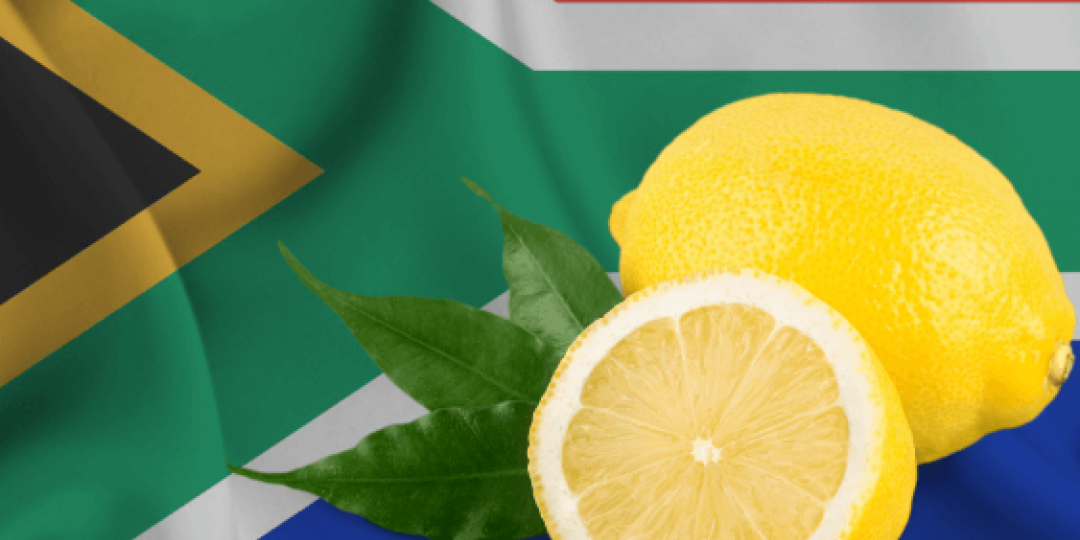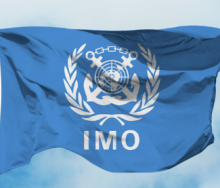South Africa has this week requested the establishment of two panels at a meeting of the Dispute Settlement Body (DSB) of the World Trade Organization (WTO) to examine what, in South Africa’s view, are unscientific and discriminatory measures placed on citrus imported from South Africa by the European Union (EU).
These steps were taken to address the EU’s regulations on two separate plant health issues: Citrus Black Spot (CBS) and False Codling Moth (FCM). The South African government is challenging the regulations to protect the livelihoods of tens of thousands of people in the local citrus industry.
Currently, South African citrus growers are spending billions of rands per year to comply with CBS and FCM measures that the industry considers unscientific and unnecessarily restrictive as South Africa already has an effective world-class risk management system that ensures safe citrus exports. Emerging citrus growers are especially hard hit by the EU measures.
The request to establish the two panels is a significant development. This is the first time that South Africa has progressed a dispute at the WTO beyond the panel state of the established DSB process.
On April 15 South Africa requested consultations with the EU on the CBS matter, which initiated a process that has ended without any results. On FCM, South Africa initiated consultations in July 2022, with no satisfactory conclusion as well. A panel will now also be formed on the FCM matter. While the EU did not at this time accept South Africa’s request for the two panels, the set DSB procedure is that the requested adjudication panels will be established at its next meeting in July. A DSB panel report can usually be expected after nine months.
The government's representatives reiterated the legal basis of their complaints at the WTO headquarters in Geneva this week. These included the following arguments:
The measures are not based on scientific principles and are maintained without sufficient scientific evidence.
The measures are applied in a manner that is not in accordance with the provisions of the Agreement on the Application of Sanitary and Phytosanitary Measures, of which the EU is a signatory.













